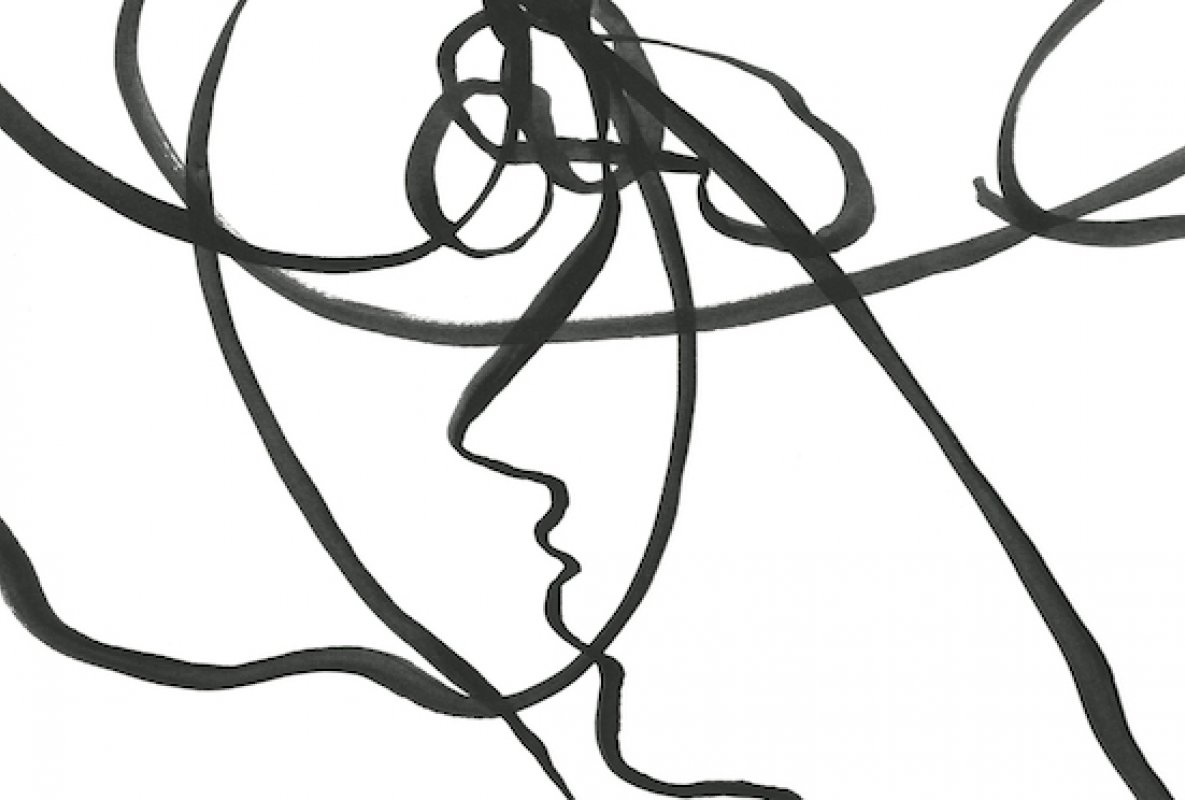Paul Chan2009
![]()
While Paul Chan sees the language of art as distinct from the language of politics, that Chan chose to mount a production of Samuel Beckett's "Waiting for Godot" out of doors, at night, in the devastated landscape of New Orleans' Lower Ninth Ward, tells you something about his activism, his engagement with desolation, and his trust and distrust of language. Art, if you do it right, he has said, clears the mind so that something new can happen. Keeping words to a minimum in his video essay "Baghdad in No Particular Order", shot in that city before the invasion, with no voice-over telling you what you are seeing on the screen, creates the space for not-knowing. The attempt? To create "a leap that disengages what we know and engages us in what we don't." The forms? Charcoal drawings, video installation, computer animation, web projects. Some investigations? Simulated light and shadow cascading through a window. Biggie Smalls. Pasolini. Henry Darger. Faith. Dissolution. Uncertainty. The instruments? Philosophy, politics, aesthetics, and cunning. In short, a menagerie of strategies unleashed so that we might imagine things outside of ourselves. Chan's term: 'empathetic estrangement.' by perceptual brisance.
"I make work that works to remake me."


